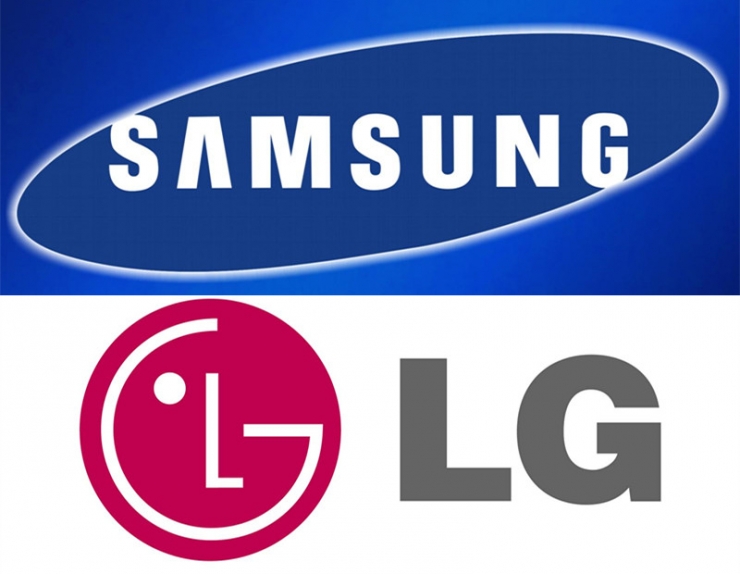One of the most important aspects of competition in technology companies is talent competition. Excellent people are the cornerstone of the company's development. For this reason, the company will keep them in various ways. However, the company’s method of retaining talents is not always fair and square, but there are many “secret agreementsâ€.

According to Reuters, South Korea’s two leading technology companies, Samsung and LG, have signed an agreement “not to excavate cornersâ€. Earlier this morning, the media revealed that according to a civil lawsuit filed in the United States last week, Samsung and LG were sued by U.S. employees for the agreement.
The lawsuit was a class action lawsuit initiated by A. Frost, a sales manager of LG. It was learned that before this, Samsung's recruiters had contacted A. Frost through LinkedIn and hoped that A. Frost would be able to work for Samsung. However, it was On the same day, A.Frost received a notification from a Samsung recruiter that Samsung could not recruit LG employees because the two companies signed the "not to talk with each other" agreement.
A. Frost then brought the two companies to court, and according to his allegations, it was "unbelievable" to sign such an agreement in the United States without the authorization of the Korean parent company. Samsung and LG deliberately lowered their rights through the illegal monopoly regulations. The employee’s salary. At present, the case has been accepted by the Northern California Federal Court. The amount of compensation is unknown and the case number is 16-5206.
Peer companies' signing agreements with each other in the past is very common behavior in Silicon Valley. For tech companies, there is a lot of benefit to "sharing each other's corners". The limited number of top talents is what every company is trying hard to recruit. In Silicon Valley, Google, Apple and other company employees have an average annual income of about $100,000, which is significantly higher than the US average. If a company does not hesitate to open an annual salary that exceeds the industry standard in order to dig people, it will not only cause a chain reaction, it will cause companies to scramble for corners, and the team will be turbulent. This will also lead to an increase in the manpower cost of the entire industry. Therefore, it is necessary to sign a "deferment agreement." This also explains why executives from companies such as Google and Intel are aware that this move violates the law and they must take risks. Four world-renowned technology giants such as Apple, Google, Intel, and Adobe had previously filed a settlement agreement with the plaintiffs, that is, as many as 64,000 company employees, for a total of 415 million US dollars for the number of companies mentioned above. Year, massive class action.
However, from the perspective of employees, it is obviously not conducive to the long-term development of others because they are not allowed to “extort cornersâ€. If other companies are unable to provide job opportunities, then employees will be tied up in a company. Whether it is salary or development opportunities, it will be extremely limited. In addition, if talent cannot move relatively freely, their knowledge structure and business level will no longer be diversified, and new ideas will be difficult to emerge. Over time, the innovation culture and ecosystem of Silicon Valley will be destroyed.
At present, the "not to excavate corner" agreement has been recognized by Apple, Google, Dell, IBM, eBay, Microsoft, Consort, WPP and many other large companies. The total number of employees in these companies has exceeded one million.
Delta oil Vapor
Shenzhen Yingyuan Technology Co.,ltd , https://www.smartpuffvape.com